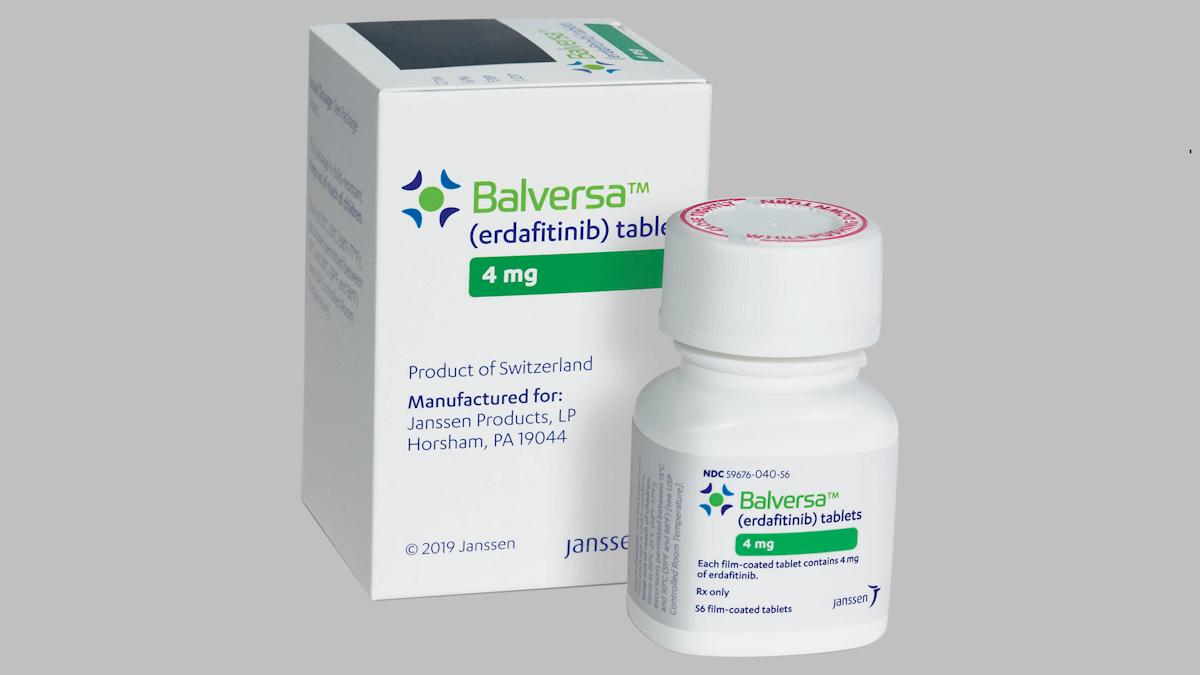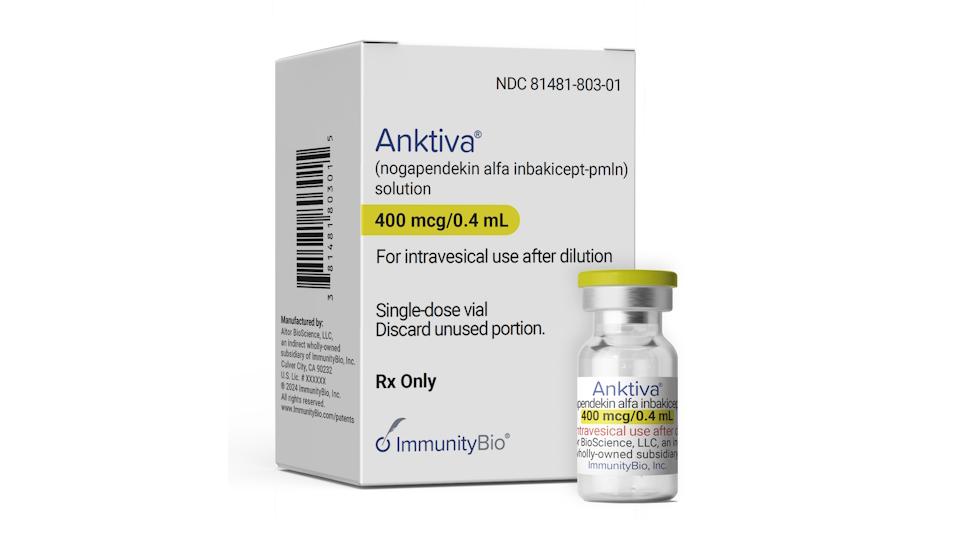At-home tablet now an option for NHS bladder cancer patients

The first targeted drug for a common form of bladder cancer that can be taken at home has been backed for NHS use, offering hope of simpler treatment to hundreds of patients in England.
The oral drug – Johnson & Johnson's Balversa (erdafitinib) – will become an option for adults with metastatic or unresectable FGFR-altered urothelial carcinoma (UC) who have previously received at least one line of therapy containing a PD1/PD-L1 inhibitors, from today.
The pan-FGFR tyrosine kinase inhibitor was approved by the UK's medicines regulator, the MHRA, in November for use in patients with FGFR3 genetic alterations, and has also been approved in the EU and other markets including the US.
Bladder cancer saw few therapeutic advances for decades until the advent of checkpoint inhibitor therapy with PD-1/PD-L1 inhibitors, several of which are approved for either first- or second-line treatment of metastatic UC. Almost all bladder cancers – more than 90% – are in the UC category.
"Bladder cancer has been badly neglected in terms of new treatments, and there are few current treatments available – which has had a direct impact on poorer outcomes," commented Jeannie Rigby, chief executive of Action Bladder Cancer UK.
"It's time that bladder cancer patients had some kind of new treatment available," she added. "We hope this is just the start of new hope for those with bladder cancer and their families."
Just over 18,000 people in England are diagnosed with bladder cancer each year and it is estimated that around 423 people would be able to benefit from this new drug, according to health technology assessment agency NICE, which published final draft guidance for Balversa this morning. Around 15% to 20% of people with advanced UC have alterations in the FGFR3 gene.
"There are limited treatment options for this devastating and debilitating disease, which in many cases responds poorly to immunotherapies, so I'm sure today's guidance will be welcomed by patients," said Helen Knight, director of medicines evaluation at NICE.
"One of the benefits of this drug is it can be taken in the comfort of the patients' own home rather than having to travel to hospital to receive the treatment," she continued.
The guidance notes that patients would typically be given paclitaxel chemotherapy, with or without carboplatin, as a second-line option prior to the availability of Balversa.
In the THOR trial, treatment with Balversa reduced the risk of death by 36% compared to chemo, with a median duration of survival of 12.1 months and 7.8 months, respectively.
J&J, meanwhile, is also testing Balversa in the THOR-2 study, which is comparing the drug to the investigator's choice of intravesical chemotherapy in patients with high-risk non–muscle-invasive bladder cancer (NMIBC).
The company has said that it thinks Balversa could eventually become a $1 billion-plus product, but hasn't yet started breaking out sales figures in its financial reporting.












